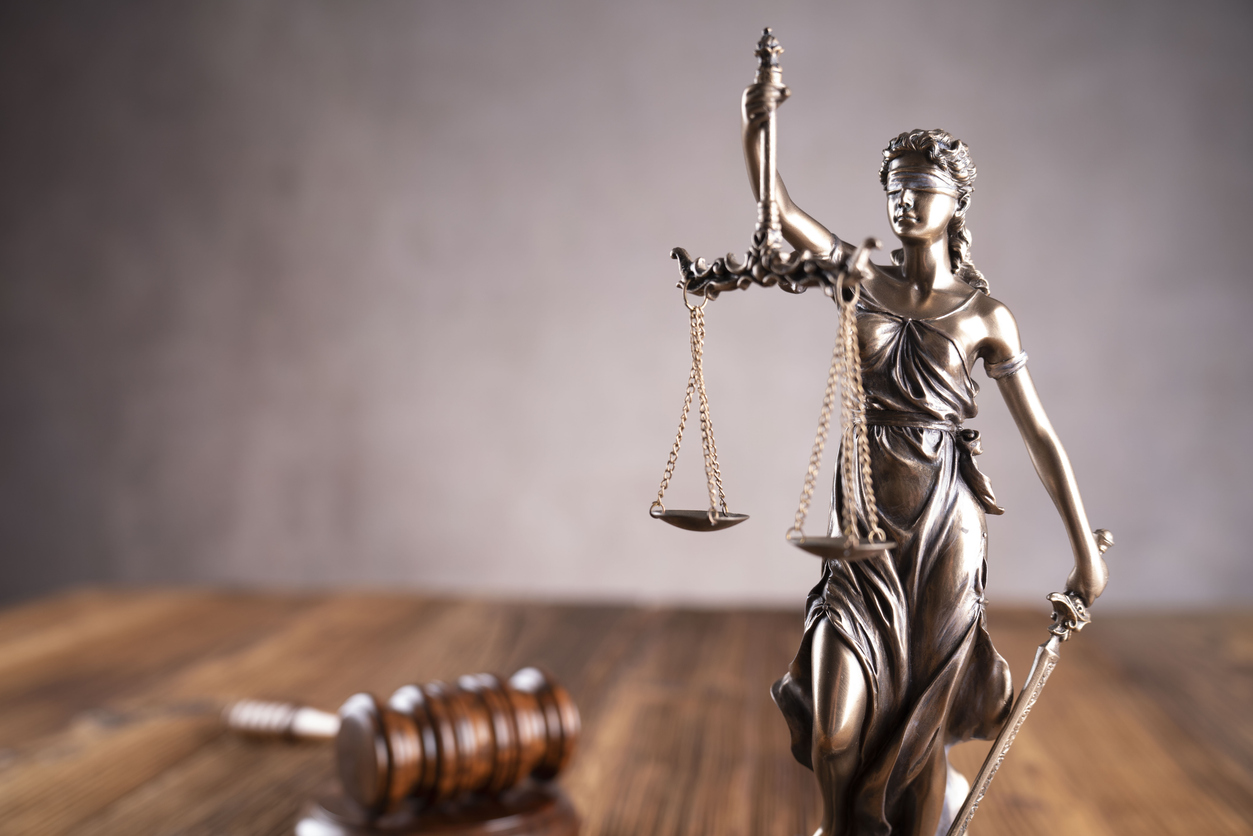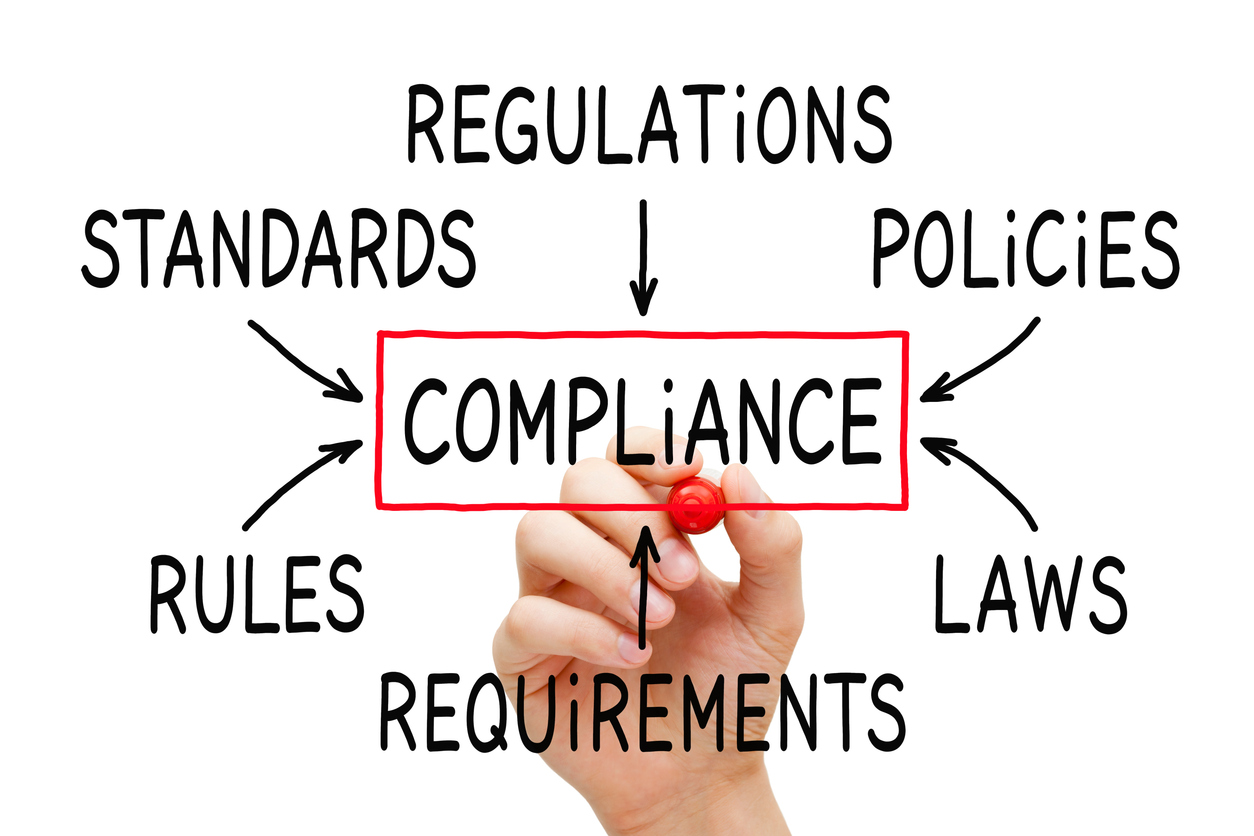Once Hurricane Irma passes and recovery efforts begin, the many volunteers who agreed to serve on boards of community associations will have daunting challenges. Buildings will need to be secured from further water intrusion, and units that are water-soaked will need to be dried out. The storm debris ranging from damaged landscaping to destroyed roofing and other building materials will need to be removed. Many of these items will be critical path tasks to return properties to safe, habitable condition. Failure to effectively and quickly cope with dangerous conditions on the property may mean the difference to residents of whether the local building officials or fire marshal condemn the property and prohibit occupancy pending extensive repairs.
Locating contractors to perform emergency services will be another challenge since Irma caused widespread damage the length of the state. Contracts will need to be signed for emergency repairs, and then the process of selecting a contractor and other professionals to help assess and repair long-term storm damage will begin. Even though volunteer boards will face urgent situations, they still must exercise great care in negotiating contracts, and should beware the problems often associated with assignments of benefits in emergency vendor agreements, which may cause the association to lose control of that part of its insurance benefits attributable to emergency repairs. Assignments of benefits provisions have been controversial in Florida, and were most recently blogged by my colleague, Shaun Shaw on July 18, 2017: Two different approaches to the Assignment of Benefits Issue.
The Association’s Insurance Claim.
Equally important to owners in the association, insurance carriers or their agents must be notified promptly of any claim for the property damage caused by the storm winds and rain, which is insured under the association’s policy issued in compliance with Fla. Stat. § 718.111(11). Obvious damage from debris striking buildings will be apparent, but Hurricane force wind pressures frequently cause multiple forms of damages, such as exterior finish damage, roof system damages, and damage to sliding glass doors and windows from bending and rotating framing members, causing gaskets to move and damaging seals on the window systems. These damages require more detailed professional investigation, and may be critical to restoring the property – discovering the damages later, after a claim has been completed, and may no longer be able to be reopened, will leave a disastrous legacy for future owners since that damage will be considered “preexisting,” and therefore uncovered for any future claim. Boards should consider appointing one member, or appointing as “assistant officers” persons who are not members of the Board, but may have expertise to assist in preparing the insurance claim. Keep in mind that once the insurance claim has been reported, the insurance company will send an adjuster, likely a “CAT” adjuster mobilized for catastrophe storm adjusting. This initial adjusting is unlikely to identify all the damage caused by the storm event, so associations will be left to conduct their own more thorough investigations. Few boards are equipped to conduct an appropriate investigation, so to meet their fiduciary duties boards may need to hire experts to assist. Public adjusters assist only policyholders in investigating and adjusting claims, and other professionals such as glazing consultants may be needed. All contracts should be reviewed by association counsel, and complex or contested claims will require knowledgeable legal counsel.
Meeting all of these demands will require use of the extraordinary powers created by the Florida legislature for this purpose. On September 4, Governor Rick Scott issued Executive Order 17-235 declaring a state of emergency in all 67 counties within the State of Florida in response to Hurricane Irma. This announcement triggered the emergency powers for boards of directors found in Sections 718.1265 (condominiums), 719.128 (cooperatives), and 720.316 (homeowners’ associations) of the Florida Statutes. These powers will be critical to enabling recovery following Hurricane Irma, and allow volunteer boards to:
- Conduct board and membership meetings with less and different types of notice than typically required by law.
- Cancel and reschedule any association meeting.
- Name as assistant officers persons who are not directors, which assistant officers will have the same authority as the executive officers to whom they are assistants during the state of emergency to accommodate the incapacity or unavailability of any officer of the association.
- Relocate the association’s principal office or designate alternative principal offices.
- Enter into agreements with local counties and municipalities to assist counties and municipalities with debris removal.
- Shut down or shut off elevators; electricity; water, sewer, or security systems; or air conditioners. Any residents who stay in the face of such shut-downs do so at their own risk.
- Declare portions of the property unavailable for entry or occupancy by unit owners, family members, tenants, guests, agents or invitees to protect the health, safety or welfare of such persons.
- Evacuate the property in the event of a mandatory evacuation order in the locale in which the community is located. Should any unit owner or other occupant fail or refuse to evacuate the property when the board has required evacuation, the association will be immune from liability or injury to persons or property arising from such failure or refusal.
- Declare that the property is habitable. However, such determination is not conclusive as to any determination of habitability pursuant to the declaration.
- Contract for the removal of debris and to prevent or mitigate the spread of fungus, including, but not limited to, mold or mildew, by removing and disposing of wet drywall, insulation, carpet, cabinetry or other fixtures on or within the condominium property, even if the unit owner is obligated by the declaration or law to insure or replace those fixtures and to remove personal property from a unit.
- Contract, on behalf of any unit owner or owners, for items or services for which the owners are otherwise individually responsible, but which are necessary to prevent further damage to the condominium property. The unit owner or owners on whose behalf the board has contracted are responsible for reimbursing the association for the actual costs of the items or services, and the association may use its lien authority to collect those expenses and fees. Without limitation those services may include the drying of units, the boarding of broken windows or doors and the replacement of damaged air conditioners or air handlers to provide climate control in the units or other portions of the property.
- Levy special assessments without a vote of the owners.
- Without unit owners’ approval, borrow money and pledge association assets as collateral to fund emergency repairs and to carry out the duties of the association when the operating funds are insufficient.
In the coming days, my colleagues will prepare other blogs to assist homeowners and community associations with recovery efforts. I recommend that volunteer boards continue to rely on established resources such as The Community Association Law Blog, for critical, knowledgeable advice specific to Florida community association needs. A link to a recent blog is, and other useful information is present in its archives. Be safe, and let us know how we may assist you.




